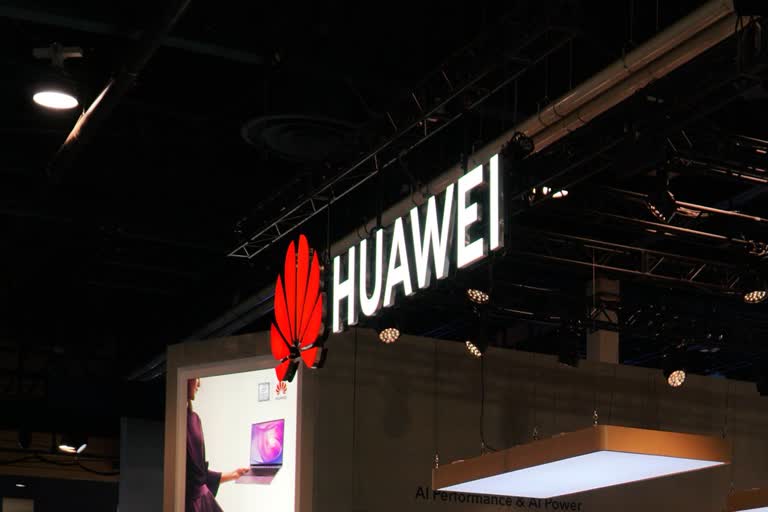Washington: US officials have issued a 90-day reprieve on their ban on dealing with Chinese tech giant Huawei, saying breathing space was needed to avoid huge disruption.
A Commerce Department filing said the delay does not change the ban imposed by President Donald Trump on national security grounds, an action with major implications for US and Chinese technology firms.
Instead, it grants a temporary license that will allow Huawei to continue doing business with American firms.
"The Temporary General License grants operators time to make other arrangements and (gives) the Department space to determine the appropriate long term measures for Americans and foreign telecommunications providers that currently rely on Huawei equipment for critical services," said Secretary of Commerce Wilbur Ross.
"In short, this license will allow operations to continue for existing Huawei mobile phone users and rural broadband networks."
The Huawei confrontation has been building for years, as the world's largest company has raced to a huge advantage over rivals in next-generation 5G mobile technology.
US intelligence believes Huawei is backed by the Chinese military and that its equipment could provide Beijing's spooks with a backdoor into the communications networks of rival countries.
Read more:Google says services on Huawei phones still will function
For that reason, Washington has pushed its closest allies to reject Huawei technology, a significant challenge given the few alternatives for 5G.
Chinese handset maker Huawei on Monday said it will continue to provide security updates and after-sales services to its existing smartphones and tablets, even as the future roadmap of products remain uncertain after the cancellation of its Android license.
Tech giant Google is said to be ending transfer of hardware, software and technical services to Huawei amid the ongoing trade war between the US and China.
The company did not elaborate on the impact this development is likely to have on its customers in India.
Counterpoint Research Associate Director Tarun Pathak said the latest development is going to impact the new device sales for Huawei and Honor.
India is one of their key countries outside China with almost four per cent market share, he added.
About 31 million units smartphones were shipped in India during the January-March 2019 quarter with Xiaomi leading the tally with 29 per cent share and followed by Samsung (23 per cent), Vivo (12 per cent), Realme and Oppo (7 per cent each).
Read more:Chinese shout 'Boycott Apple' as US goes after Huawei
Pathak said Huawei can always look at using the Android Open Source Project (AOSP) but that is unlikely to provide a good consumer experience.
"Huawei always put in a lot of effort in the integration of hardware and software for a seamless experience. Using AOSP is unlikely to provide a good consumer experience," he said.
AOSP is a version of the Android operating system available through the open source license.
Telecom regulator TRAI said the issue of whether India needs to take a stand on Huawei is a "larger question" and that it is up to the government to take a call on the matter.
Replying to a query on whether India needs to take a position on Huawei also, TRAI Chairman R S Sharma told reporters, "This is a larger question and the government will have to take a call."
Last week, President Donald Trump declared a "national emergency" empowering him to blacklist companies seen as "an unacceptable risk to the national security of the United States" -- a move analysts said was clearly aimed at Huawei.
At the same time, the US Commerce Department announced the effective ban on US companies selling or transferring US technology to Huawei.
It is the implementation of this ban that was delayed Monday by 90 days.
But the Huawei fight is over more than just US national security. Washington sees Huawei's rise as emblematic of China's drive to wrest global technological and economic leadership from the United States.



